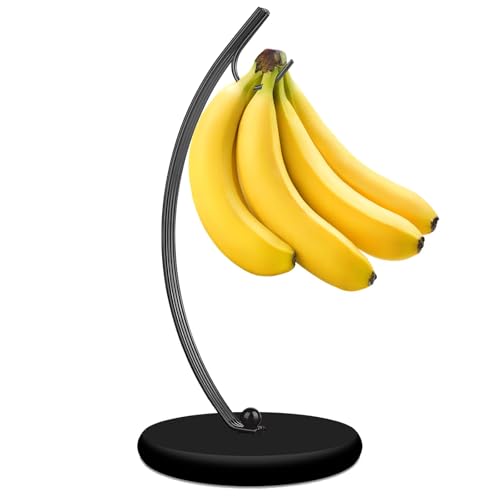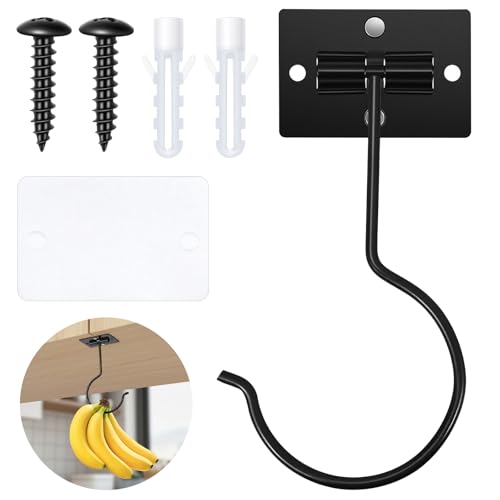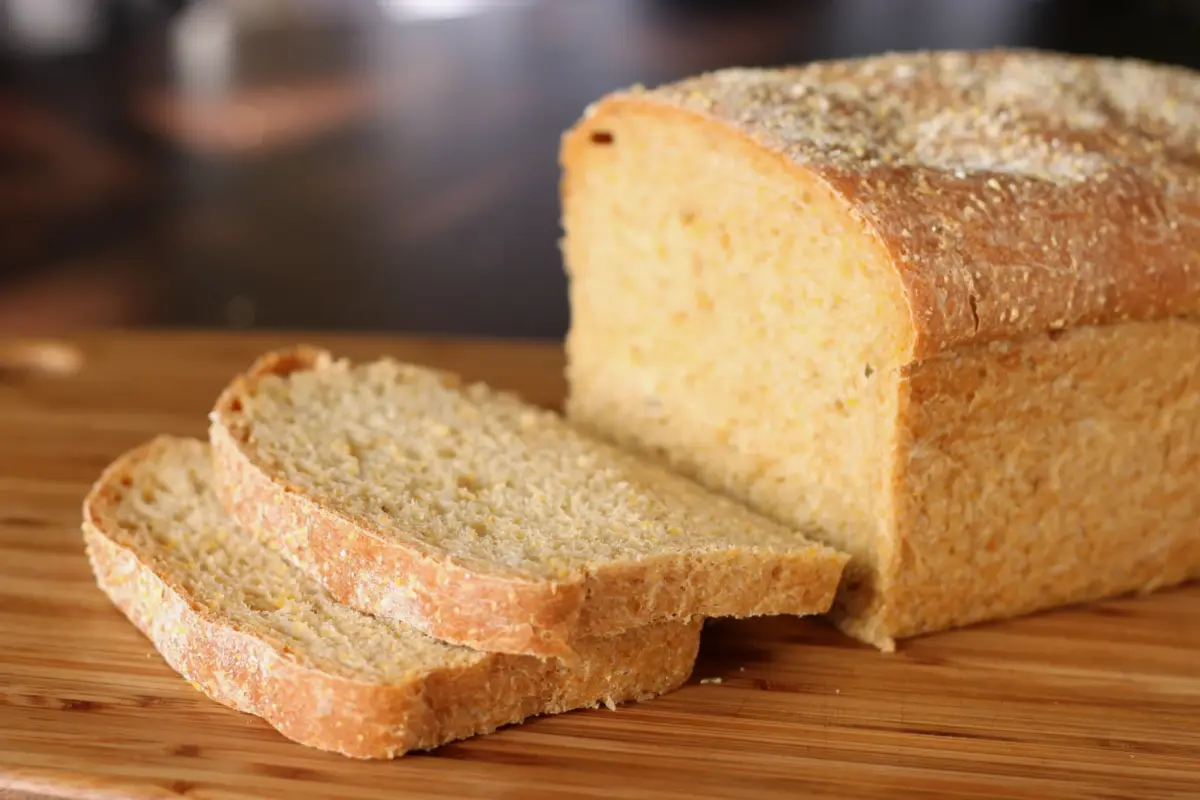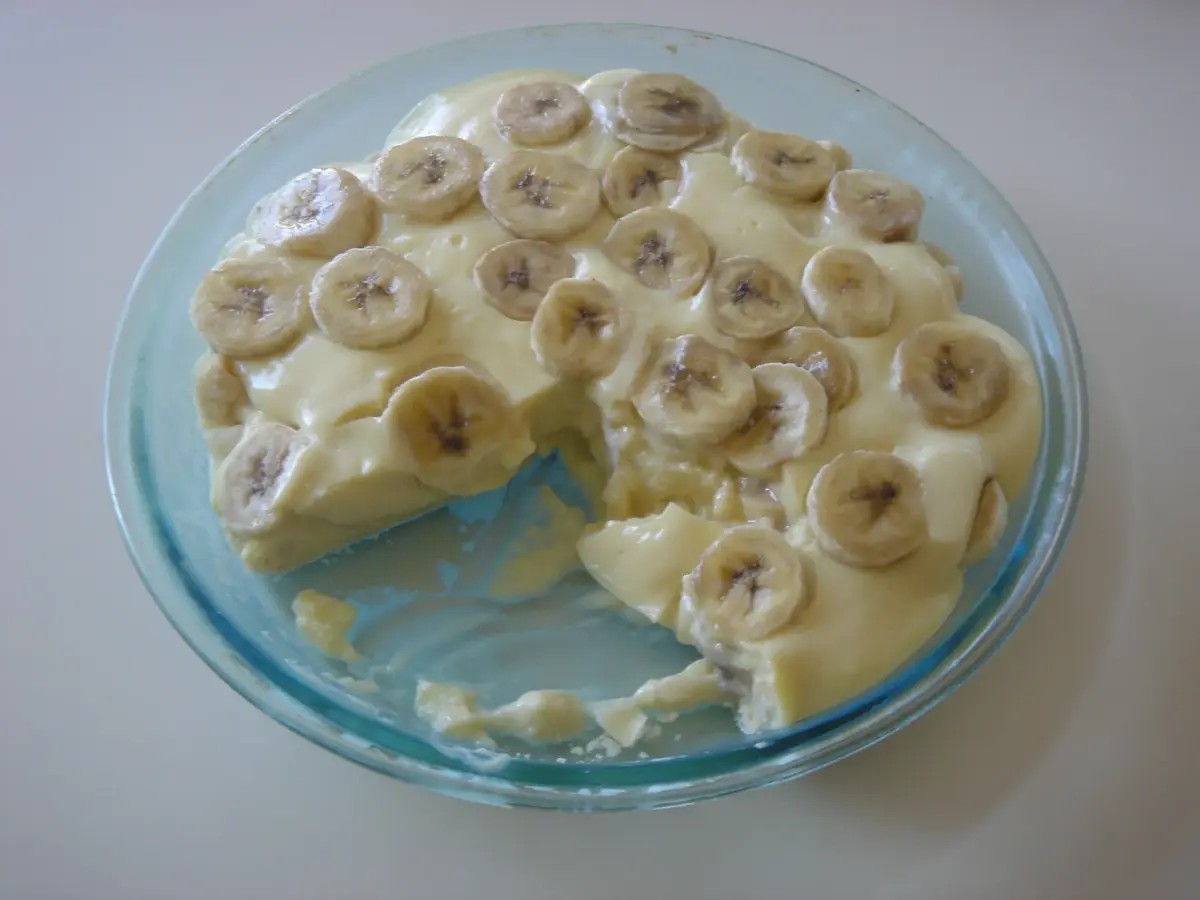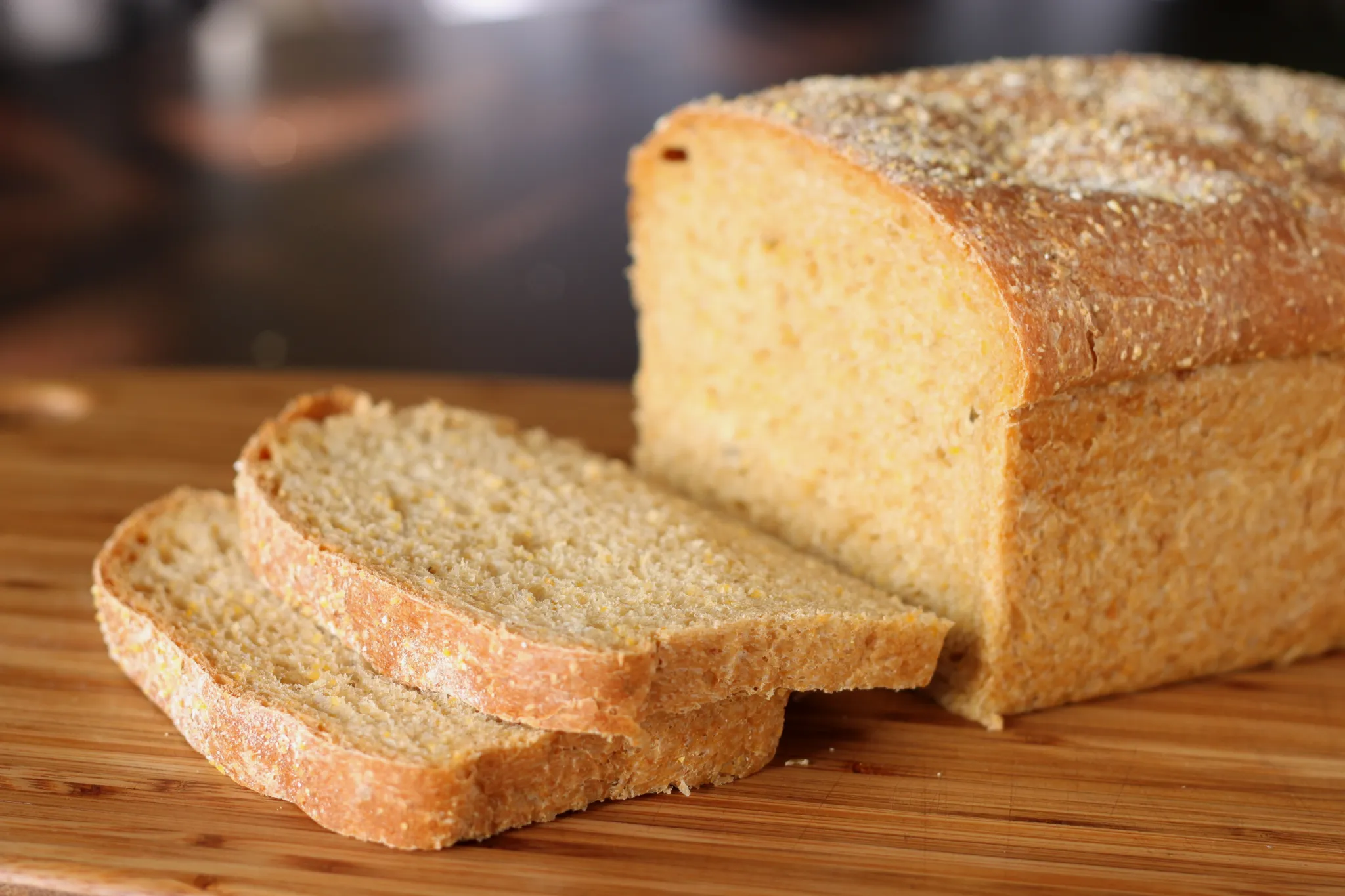
Are you looking for a delicious and nutritious treat for your little one? Look no further! In this article, we’ll share a fantastic banana bread recipe that is perfect for babies. With just a few simple ingredients, you can whip up a batch of this moist and flavorful bread that your baby will love. So, let’s get started and discover how to make this wholesome and irresistible treat for your little munchkin!
Banana bread is a classic favorite for many, and now you can introduce it to your baby’s taste buds too! This recipe is not only delicious but also packed with essential nutrients. We’ll guide you through the process step by step, ensuring that you have all the information you need to make this baby-friendly version of banana bread. Get ready to see your baby’s face light up with joy as they take their first bite of this scrumptious treat.
When it comes to feeding your baby, it’s important to choose recipes that are both tasty and nutritious. This banana bread recipe ticks all the boxes! We’ll share some tips and tricks to make sure your baby gets the most out of this delightful snack. From the right texture to the perfect serving size, we’ve got you covered. Get ready to enjoy some quality bonding time with your little one as you prepare this wholesome banana bread together.
Why Choose Banana Bread for Baby?
As an expert on bananas, I can tell you that banana bread is not only a delicious treat for adults, but it can also be a fantastic choice for your little one. Here’s why choosing banana bread for your baby is a great idea:
1. Nutritional Benefits: Bananas are packed with essential nutrients like potassium, vitamin C, and dietary fiber. They are also a great source of natural sugars, which provide energy for your baby’s growing body. By incorporating bananas into a bread recipe, you can ensure that your little one is getting these important nutrients in a tasty and convenient form.
2. Soft Texture: One of the reasons why banana bread is perfect for babies is its soft and moist texture. It is easy for their tiny hands to hold and chew, making it a great option for introducing solid foods. Plus, the natural sweetness of bananas can help make the transition from purees to solids more enjoyable for your little one.
3. Versatility: Banana bread can be easily customized to suit your baby’s taste preferences. You can add other fruits like applesauce or berries to enhance the flavor and nutritional profile. You can also experiment with different flours like whole wheat or oat flour to add more fiber. The possibilities are endless!
4. Bonding Time: Baking banana bread with your baby can be a fun and memorable experience. Involving them in the process of mashing the bananas, mixing the ingredients, and watching the bread rise in the oven creates a wonderful opportunity for bonding and teaching them about food.
Remember, when baking banana bread for your baby, it is important to use ripe bananas to ensure maximum flavor and sweetness. Also, be mindful of any potential allergens and introduce new ingredients slowly. With these tips in mind, you can confidently choose banana bread as a nutritious and delicious treat for your little one.
Nutritional Benefits of Banana Bread for Your Baby
Bananas are not only delicious but also packed with essential nutrients that are beneficial for your baby’s growth and development. When transformed into banana bread, this classic favorite becomes even more enticing and enjoyable for your little one. Here are some key nutritional benefits of banana bread for your baby:
1. Excellent Source of Vitamins and Minerals
Bananas are rich in important vitamins and minerals, including vitamin C, vitamin B6, potassium, and manganese. Vitamin C helps boost your baby’s immune system, while vitamin B6 supports brain development. Potassium is essential for maintaining healthy blood pressure, and manganese aids in bone growth.

2. High in Fiber
Banana bread made with whole wheat flour is an excellent source of dietary fiber. Fiber is crucial for your baby’s digestive health and helps prevent constipation. It also keeps them feeling full and satisfied, which can be helpful during mealtime.
3. Provides Natural Energy
Bananas are known for their natural sugars, which provide a quick and sustainable energy boost. This is especially beneficial for active babies who are constantly exploring their surroundings and need fuel for their adventures.
4. Soft and Easy to Chew
Banana bread has a soft and moist texture that is ideal for babies who are transitioning to solid foods. It is easy to chew and swallow, reducing the risk of choking and making it a safe option for introducing new flavors and textures.

« How to Make Homemade Banana Ice Cream with the Ninja Creami
How to Make a Moist and Delicious Eggless Banana Loaf: Recipe and Tips »
5. Customizable to Suit Your Baby’s Taste
One of the great things about banana bread is that it can be customized to suit your baby’s taste preferences. You can add a variety of ingredients like grated carrots, applesauce, or even a sprinkle of cinnamon to enhance the flavor and provide additional nutrients.
Ingredients needed for Banana Bread Recipe
When it comes to making banana bread for your baby, it’s important to use the right ingredients to ensure a nutritious and delicious treat. Here are the key ingredients you’ll need for a baby-friendly banana bread recipe:
- Ripe bananas: Choose bananas that are fully ripe with brown spots on the peel. Ripe bananas are sweeter and easier to mash, making them perfect for baking.
- Whole wheat flour: Opt for whole wheat flour instead of all-purpose flour to add more fiber and nutrients to the bread. It will also give the bread a slightly nutty flavor.
- Unsweetened applesauce: Adding unsweetened applesauce not only adds moisture to the bread but also enhances the natural sweetness without the need for additional sugar.
- Greek yogurt: Greek yogurt adds creaminess and richness to the banana bread while also boosting its protein content. Choose plain, unsweetened Greek yogurt for a healthier option.
- Eggs: Eggs help bind the ingredients together and provide structure to the bread. They also add protein and essential vitamins to your baby’s diet.
- Baking powder and baking soda: These leavening agents help the bread rise and create a light and fluffy texture.
- Optional add-ins: You can customize your baby’s banana bread by adding grated carrots, mashed sweet potatoes, or a sprinkle of cinnamon. These additions not only add extra flavor but also introduce your baby to new tastes and textures.
Remember to always check for potential allergens when adding new ingredients to your baby’s diet. If you’re unsure, consult your pediatrician before introducing any new foods.
Now that you know the essential ingredients for a baby-friendly banana bread recipe, let’s move on to the next step: the preparation process.
Step-by-step instructions for making banana bread
Now that you know the key ingredients for a baby-friendly banana bread, let’s dive into the step-by-step instructions to make this delicious treat. Follow these simple instructions to create a nutritious and tasty banana bread that your little one will love:
- Preheat the oven to 350°F (180°C) and grease a loaf pan with a little bit of butter or cooking spray. This will help prevent the banana bread from sticking to the pan.
- In a large mixing bowl, mash the ripe bananas using a fork or a potato masher. The bananas should be nice and soft, as they will add natural sweetness and moisture to the bread.
- Add the unsweetened applesauce, Greek yogurt, and eggs to the mashed bananas. These ingredients will further enhance the flavor and texture of the bread while providing additional nutrients.
- Mix all the wet ingredients together until well combined. You can use a whisk or an electric mixer on low speed to make the process easier.
- In a separate bowl, combine the whole wheat flour, baking soda, baking powder, and any optional add-ins like grated carrots, mashed sweet potatoes, or cinnamon. These add-ins can introduce new flavors and textures to the bread, making it even more interesting for your little one.
- Gradually add the dry ingredients to the wet ingredients, stirring gently until just combined. Be careful not to overmix, as this can result in a dense and tough bread.
- Pour the batter into the greased loaf pan, spreading it evenly.
- Bake the banana bread in the preheated oven for about 45-50 minutes, or until a toothpick inserted into the center comes out clean. The exact baking time may vary, so keep an eye on the bread after 40 minutes.
- Once the banana bread is fully baked, remove it from the oven and let it cool in the pan for a few minutes. Then, transfer it to a wire rack to cool completely before slicing.
And there you have it! Follow these step-by-step instructions, and you’ll have a delicious and nutritious banana bread ready for your little one to enjoy. Remember to store any leftovers in an airtight container at room temperature for up to 3 days
Tips for Making the Perfect Banana Bread for Baby
When it comes to baking banana bread for your little one, there are a few tips and tricks that can help you create the perfect treat. Here are some expert suggestions to ensure your baby-friendly banana bread turns out moist, flavorful, and nutritious:
- Choose Ripe Bananas: The key to a delicious banana bread lies in using ripe bananas. Look for bananas with brown spots on the peel, as they are sweeter and easier to mash. The riper the bananas, the more flavor they will add to your bread.
- Opt for Whole Wheat Flour: Instead of using regular all-purpose flour, consider using whole wheat flour for added fiber and nutrients. It will give your banana bread a slightly denser texture and a nuttier flavor.
- Add Nutritious Ingredients: Experiment with adding extra nutrients to your baby’s banana bread. Consider mixing in grated carrots for added vitamins and antioxidants, or mashed sweet potatoes for a boost of vitamins A and C. These additions not only enhance the flavor but also increase the nutritional value of the bread.
- Replace Oil with Unsweetened Applesauce: To keep the banana bread moist without adding excess fat, replace a portion of the oil with unsweetened applesauce. This swap not only reduces the overall calorie content but also adds a touch of natural sweetness to the bread.
- Incorporate Greek Yogurt: Greek yogurt is a fantastic ingredient to include in your baby’s banana bread. It adds moisture, protein, and a creamy texture to the final product. Plus, it helps keep the bread tender and prevents it from becoming dry.
Variations and Add-ins for Banana Bread Recipe
Now that you have the basic recipe for making delicious and nutritious banana bread for your little one, let’s explore some fun variations and add-ins to make it even more exciting!
1. Fruit Add-ins

Adding different fruits to your banana bread can enhance the flavor and provide additional nutrients. Here are a few ideas to try:
- Blueberries: These little bursts of sweetness not only add flavor but also provide antioxidants and vitamins.
- Strawberries: Diced strawberries bring a refreshing taste and a pop of color to your banana bread.
- Raisins: These dried fruits add a natural sweetness and a chewy texture that kids love.
2. Nut and Seed Add-ins
Nuts and seeds are packed with essential nutrients and healthy fats. They can add a delightful crunch to your banana bread. Here are some options to consider:
- Chopped walnuts: Walnuts not only provide a satisfying crunch but also offer omega-3 fatty acids and antioxidants.
- Flaxseeds: Ground flaxseeds are a fantastic source of fiber and can add a nutty flavor to your banana bread.
- Chia seeds: These tiny seeds are rich in omega-3 fatty acids and fiber, making them a great addition to boost the nutritional value of your bread.
3. Spice it up
Adding spices can elevate the flavor profile of your banana bread. Here are a few spice options to experiment with:
- Cinnamon: This warm spice pairs beautifully with bananas and adds a cozy aroma to your bread.
- Nutmeg: A pinch of nutmeg can bring a subtle and comforting flavor to your banana bread.
- Allspice: This spice blend adds a hint of warmth and depth to your recipe.
Remember to adjust the quantities of add-ins based on your baby’s age and any dietary restrictions they may have.
Precautions and Things to Consider When Serving Banana Bread to Baby
When it comes to introducing new foods to your baby, it’s important to take certain precautions and consider a few things. While banana bread can be a delicious treat for your little one, it’s crucial to ensure that it is safe and suitable for their age and dietary needs. Here are some precautions and factors to keep in mind when serving banana bread to your baby:

1. Age-appropriate – Before offering banana bread to your baby, make sure they are at the right age for solid foods. Generally, it is recommended to introduce solid foods, including bread, to babies around 6 months of age. However, every baby is different, so it’s important to consult with your pediatrician to determine if your baby is ready for banana bread.
2. Allergies and intolerances – Bananas are generally considered a low allergenic food, but it’s always a good idea to be cautious when introducing new foods to your baby. If your baby has a history of allergies or food intolerances, it’s best to consult with your pediatrician before offering banana bread. Additionally, if you plan to add any additional ingredients like nuts or seeds to the bread, be aware of common allergens and consult with your healthcare provider.
3. Texture and choking hazards – When making banana bread for your baby, it’s important to consider the texture. Ensure that the bread is soft and easy to chew and swallow. Avoid adding any large chunks of fruits or nuts that may pose a choking hazard. You can also consider mashing the banana bread or cutting it into small, bite-sized pieces for added safety.
4. Quantity and portion control – While banana bread can be a nutritious snack for your baby, it’s important to remember that moderation is key. Offer small portions to your baby and observe their reaction. If your baby enjoys the banana bread, you can gradually increase the portion size. Remember, the main source of nutrition for babies should still be breast milk or formula.
Frequently Asked Questions about Banana Bread for Baby
You may have some questions about making banana bread for your little one. Don’t worry, I’m here to help! Below, I’ve answered some common queries to guide you through the process.

Q: Can I use any type of banana for making banana bread for my baby?
A: Yes, you can use any type of banana for making banana bread for your baby. However, it’s best to use ripe bananas as they are sweeter and easier to mash. The riper the banana, the more natural sweetness it will bring to the bread.
Q: Can I use regular all-purpose flour for baby banana bread?
A: While you can use all-purpose flour, I recommend using whole wheat flour for added nutritional value. Whole wheat flour is higher in fiber and contains more vitamins and minerals compared to all-purpose flour. It’s a great way to introduce your baby to whole grains.
Q: Can I add other ingredients to the banana bread for added nutrition?

A: Absolutely! Adding nutritious ingredients like grated carrots or mashed sweet potatoes can enhance the nutritional value of the banana bread. These additions provide added vitamins and minerals, making the bread even more beneficial for your baby.
Q: Can I replace oil with something healthier in the banana bread recipe?
A: Definitely! Instead of using oil, you can replace it with unsweetened applesauce. This not only reduces the fat content but also adds natural sweetness to the bread. It’s a healthier alternative that still maintains the moisture and texture of the bread.
Q: Can I use Greek yogurt in my baby’s banana bread?
A: Yes, using Greek yogurt in your baby’s banana bread is a great idea! Greek yogurt adds moisture and protein to the bread, making it even more nutritious. It also helps to create a tender and moist texture. Just make sure to use plain, unsweetened Greek yogurt.
Conclusion

Now you have all the information you need to make delicious and nutritious banana bread for your little one. By following the tips in this article, you can ensure that your baby is getting a healthy treat that they will love.
Remember to use ripe bananas for maximum flavor and natural sweetness. Incorporate whole wheat flour for added nutritional value and experiment with add-ins like grated carrots or mashed sweet potatoes to boost the nutrient content even further. Instead of oil, try using unsweetened applesauce for a healthier option, and consider adding Greek yogurt for extra moisture and protein.
When serving banana bread to your baby, always take precautions. Make sure the bread is age-appropriate and be mindful of any allergies or intolerances your baby may have. Consider the texture to avoid choking hazards and practice portion control to maintain a balanced diet.
By following these guidelines, you can provide your baby with a tasty and nutritious snack that will fuel their growth and development. Enjoy baking and watching your little one enjoy every bite of their homemade banana bread!





